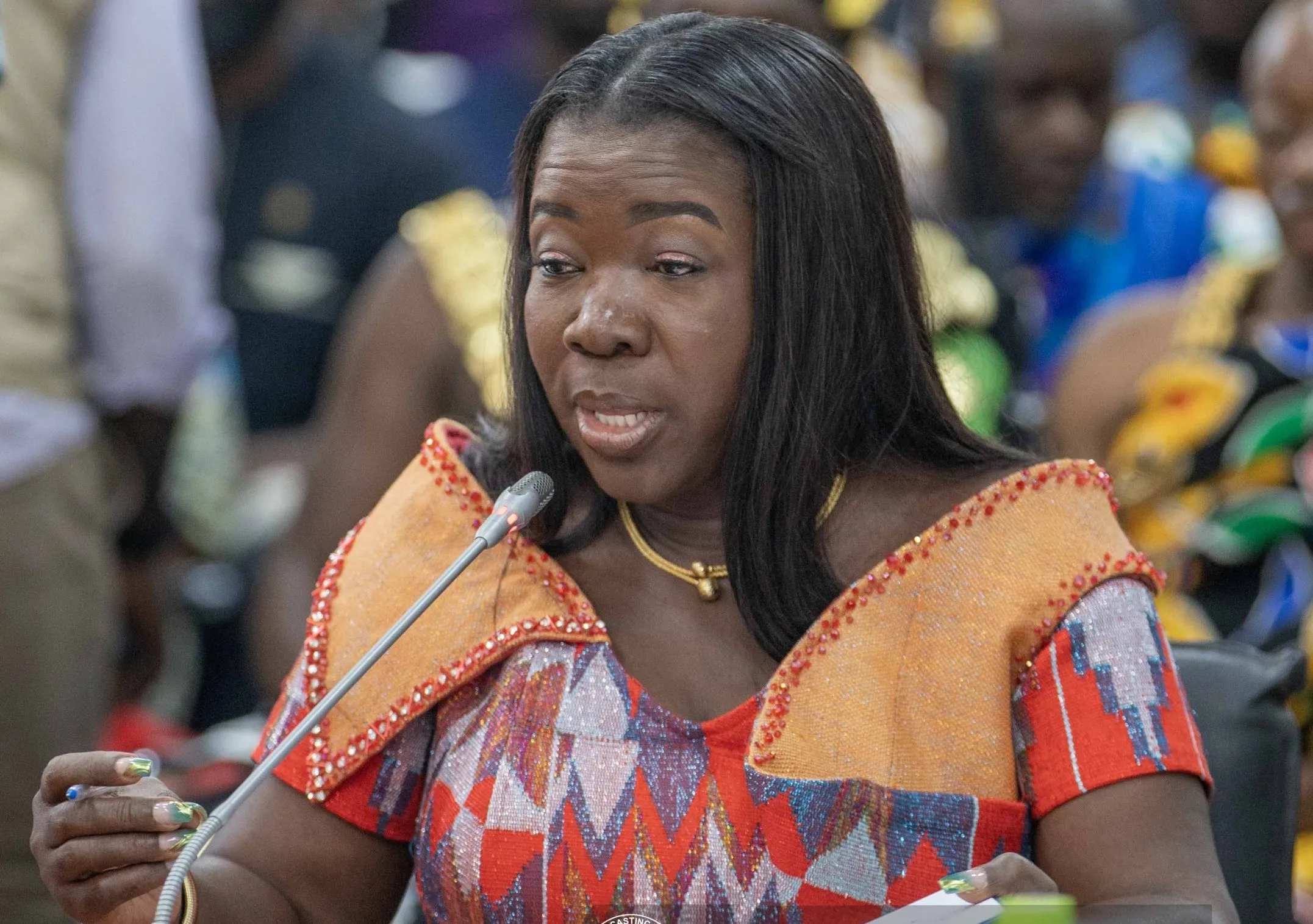Cape Coast, Sept. 20, GNA – Ghana has made significant strides by achieving sixty four per cent exclusive breastfeeding of babies in their first six months of life, Mrs. Ernestina Agyapong, a Nutritionist specialist with the UNICEF, has revealed.
She said, by the figure, Ghana is rated among the best breastfeeding countries in sub-Saharan Africa but expressed worry that the feat was being marred by high rates of malnutrition among children under five years due to improper feeding. Mrs Agyapong made the remarks at a media briefing on the Nutritional State of Children in the Central Region. It was organized by the Central Regional Health Directorate with support from UNICEF. She underscored the importance of weaning children with good local dishes after six months of exclusive breastfeeding to safeguard their survival and healthy growth.
Mrs Agyapong noted that after six months of exclusively breastfeeding some mothers failed to give nutritional foods to their children and stressed that the local dishes had all the rich sources of nutrients that would facilitate the healthy growth of children. She said the harm done to children who were denied the basic nutrients for a long time was enormous and explained that low performance in school was sometimes due to malnutrition, which affects brain development.
Breast milk, she said, is an ideal source of rich nutrients, protects babies from infections, safe, convenient and economical. She, therefore, urged mothers to adapt to the practice and find the time for feeding to ensure the safety of their children. She said the problem of malnutrition could not be attributed to poverty because some mothers from very poor communities had well nourished children and they revealed that they gave them local foods such as nuts, green leaves, fruits and fish during their weaning from exclusive breastfeeding.
Mrs Agyapong said it was unfortunate that the law on iodated salt was not being properly enforced and observed that large quantities of salt on the market was not well iodized. She urged the authorities concerned to prevail upon salt producers to ensure that the required potassium iodide was used. She said the consumption of non iodated salt could have serious health implications and must, therefore, be given the necessary attention. 20 Sept. 09
Source: GhanaWeb










